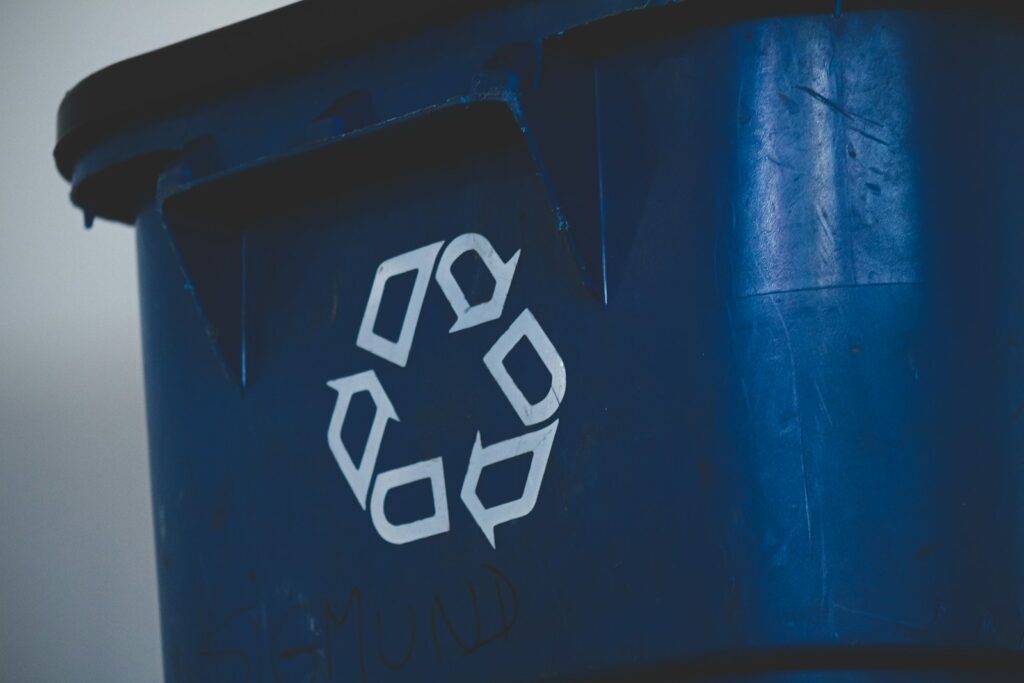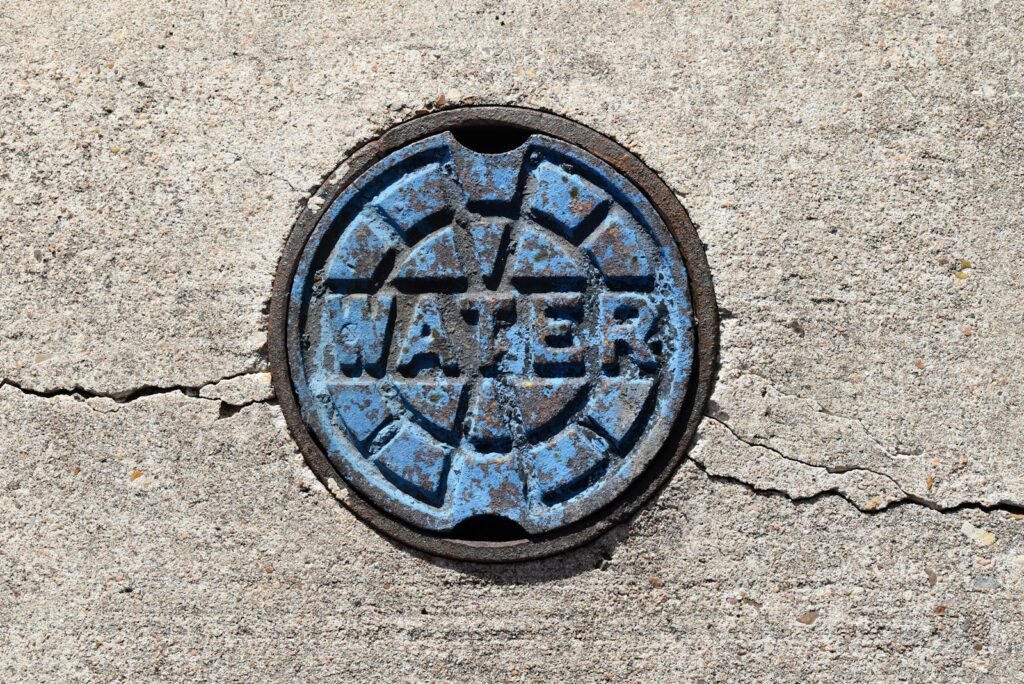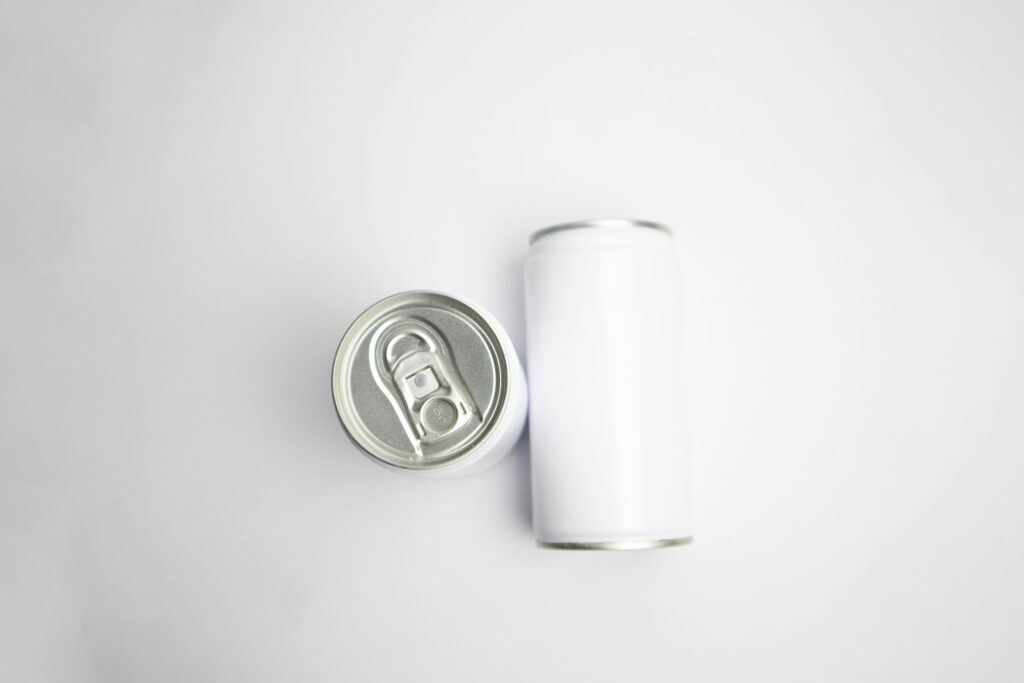The Recycling Association has called all parts of the supply chain to take responsibility for ensuring a product can be recycled.
The association published its Quality First report at the RWM 2017 event in Birmingham, which examined how the quality of material in the UK can be improved.
The report calls for a ‘supply chain approach’ that will involve all stakeholders to create a unified approach.
It also calls on the British government to adopt the European Union Circular Economy Package despite Brexit and implement new regulations on packaging design as an urgent priority and investigate ways to extend producer responsibility.
The report recommends ‘a much lighter touch’ for compliant operators to allowing their businesses to operate competitively with users of primary raw materials
Improving quality
In addition, the Recycling Association has also called for more funding to crack down on those operators who deliberately break the law.
‘We were writing this report as the news came from China that it intended to ban a range of recyclable materials from being imported into the country,’ said association chief executive, Simon Ellin.
‘While that didn’t change any of the actions we proposed in the report, it should certainly act as a massive warning that we have got to improve the quality of our materials.
‘Those materials that are not banned, we should not assume they will be allowed to be exported to China forever. Unless we take action now to improve quality, we could see our largest market disappear,’ he added.
‘The Recycling Association has been warning for many years about the need to improve quality, and that is why we launched the Quality First campaign a year ago. It is even more imperative now that the actions in this report are taken on board by the entire supply chain.
‘Everyone has to take responsibility for quality now,’ added Mr Ellin.
‘Virtual elimination’ of landfill
The recycling and waste recovery contractor Suez also published a new report at the RWM 2017 event, entitled Mind the Gap 2017-2030, which examines the UK’s waste infrastructure capacity.
The report notes that landfill capacity in the UK is still ‘declining faster than expected’, and so much so that areas such as the south east will see the ‘virtual elimination’ of local landfill sites by 2025.
It warns this will also have a knock-on effect on other forms of waste treatment, notably thermal treatment.
And it adds the amount of waste diverted through shutdowns at existing energy-from-waste plants is likely to exceed one million tonnes.
‘The report clearly highlights the extent of the waste management challenge facing the UK over the next decade,’ said Renewable Energy Association policy analyst, Mark Sommerfield.
‘Falling levels of landfill capacity are good to see, but when combined with anticipated rising waste export costs and low levels of local authority waste infrastructure, it is clear that the UK needs fresh investment into advanced waste management systems.
‘The government must now seriously rethink the UK’s waste management strategy and align the successful existing renewable power auctions more closely to it,’ added Mr Sommerfield.
‘Government policy needs to focus on how to incentivise delivery of the full range of waste based products that advanced conversion technology (ACT) offers. This would be a major step towards the sustainable management of the UK’s waste and would support the production of green transport fuels, chemicals, and heat.’
Photo by nothingatall
















